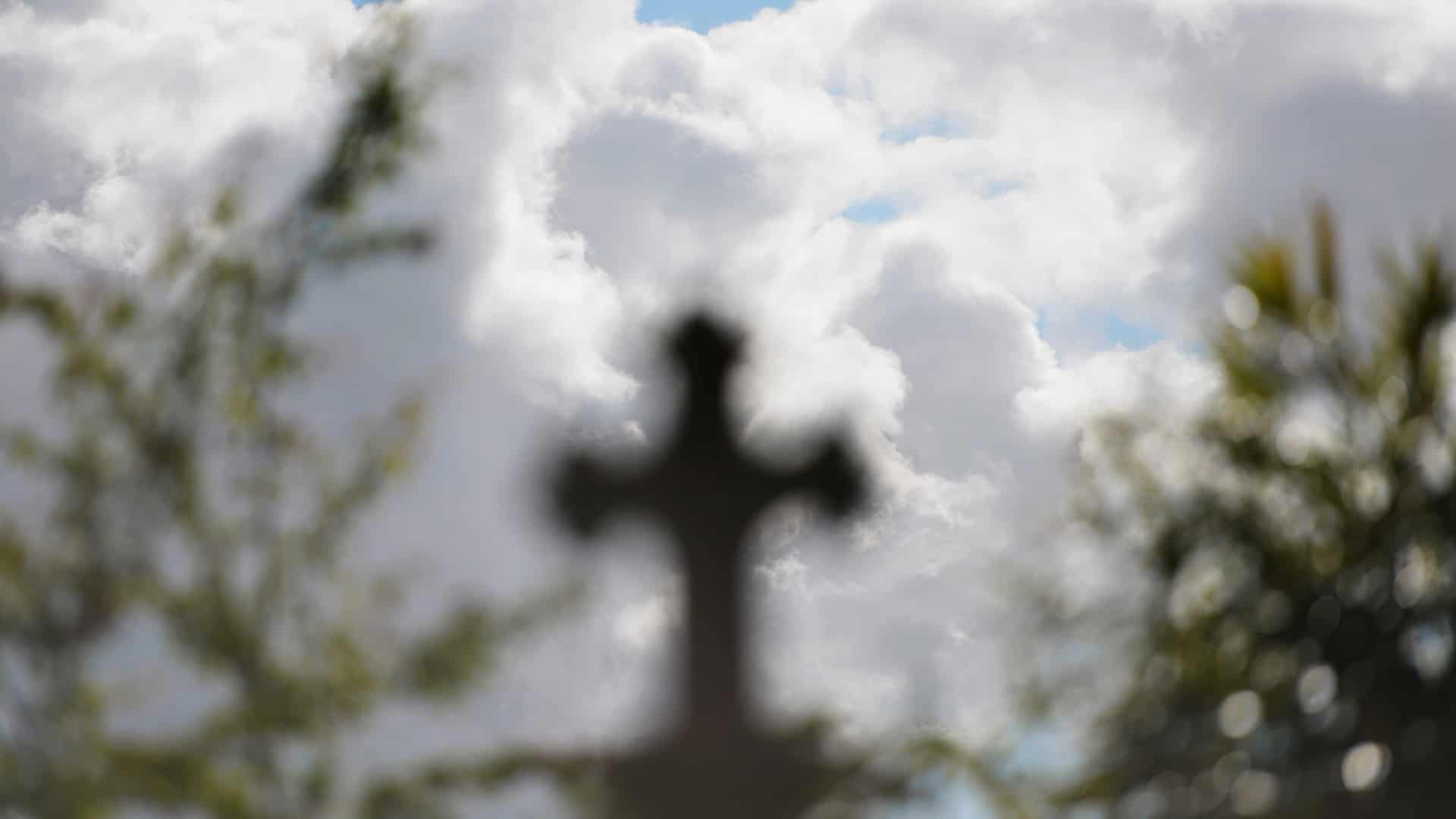In Defense of Funerals

I’ve wanted to write a defense of funerals for a while now.
I notice a trend to call services “celebrations of life” instead of funerals. I understand why. We like to focus on the positive, and many of us — all of us, actually — are uncomfortable with grief.
To be sure, Scripture doesn’t prescribe whether we should call a service a funeral or a celebration of life or anything else, nor does it prescribe exactly what we should do during the service. And I don’t want to make anyone feel bad who may have held such a service and called it a celebration of life.
But I believe we’ve lost something, and that we would serve ourselves and others well if we recover the time-honored practice of holding funeral services.
Prepare to Die
It used to be that a good part of the church’s task was to prepare people not only to live but to die. A lot of the old hymns would take a truth about God and chew on it, applying it not only to how we live now but how we would die. Fewer of our songs do this now, and we’re less prepared to think and feel biblically about the inevitability of our death.
Dying well takes preparation, and we cram our preparation like an undisciplined high school student the night before exams.
We need songs that prepare us to die. We need books like Remember Death: The Surprising Path to Living Hope. We may even need twitter accounts like this one that repeat the same message every single day:
Celebrations of life often reflect an underdeveloped theology of death. Rather than drawing comfort around Scriptural truths about death, we draw comfort from how well the person may have lived. We talk about unbiblical teachings like the person becoming an angel or having already been resurrected, both reflecting an impoverished understanding of theology around death, the intermediate state, and resurrection. We find remembrances of the person’s life more comforting than the rich truths God has given us so we could face death well, and end up robbing ourselves and others.
Part of the gap in our theology is that we don’t see death as the enemy it really is. In The Last Enemy — a great, accessible book on death — Mike Wittmer argues that we’ve been influenced by society’s romanticized view of death. Death is not a good thing. It’s the last enemy to be defeated — but it’s still our enemy. The death of a child is not a good thing, nor is the death of a loved one in an accident or even to old age. Wittmer recounts the words of a father speaking at the funeral of his infant son who died in a tragic accident:
“People tell me that someday I will make peace with Jack’s death,” he said. “I will never be at peace with death. Scripture tells me that one day I will be at peace, but only when death is no more. I will not be at peace until I see my son again.”
That is the Christian view of death.
We need to prepare ourselves and others with the Scriptural reality: death is a formidable enemy. It’s been defeated, but we still suffer its effects and grieve. We need to think accurately about the reality of death and the hope of resurrection so we know how to grieve and also where to turn to be comforted.
Celebrations of life often minimize the ugliness of death, as well as the truths that give us the hope we need when we need them most.
Learn to Lament
We’ve also forgotten how to lament. We speak so freely of the victory that we have in Jesus that we don’t know what to do with our sadness and grief. One day we’ll be free from grief, but as long as we live on this earth this side of Jesus’ coming, we’d better learn how to lament.
In his article “What Can Miserable Christians Sing?” Carl Trueman writes:
In the psalms, God has given the church a language which allows it to express even the deepest agonies of the human soul in the context of worship…
By excluding the cries of loneliness, dispossession, and desolation from its worship, the church has effectively silenced and excluded the voices of those who are themselves lonely, dispossessed, and desolate, both inside and outside the church. By so doing, it has implicitly endorsed the banal aspirations of consumerism, and generated an insipid, trivial, and unrealistically triumphalist Christianity and confirmed its impeccable credentials as a club for the complacent.
We must relearn the language of lament, including, but not limited to, funerals. As Jen Pollock Michel tweeted the other day in response to the death of Rachel Held Evans:
Sometimes lament is the only appropriate response.
We would serve our people well if we rediscovered lament, including at funerals.
A Plea
“It is better to go to the house of mourning than to go to the house of feasting, for this is the end of all mankind, and the living will lay it to heart,” says the preacher (Ecclesiastes 7:2). I’m concerned that we no longer enter the house of mourning because we’re too busy celebrating life. It’s time to change that.
Let’s talk often about death. It’s the enemy we all must face unless Jesus comes back first. Let’s remind ourselves of that often and spend our lives preparing ourselves so that we’re prepared to die well. Good preaching, catechism, and music can help us with this. Cultivate an eschatological hope in your own heart. The real comfort at death isn’t how well the person lived, or what our memories are, but in the truths that God gives us for our comfort.
Let’s rediscover how to lament. Let’s learn to create space for the full range of emotions that are part of the human experience.
I plead with you: let’s not forget the rich truths God has given us so that we face death honestly and with hope. A good funeral can help.





